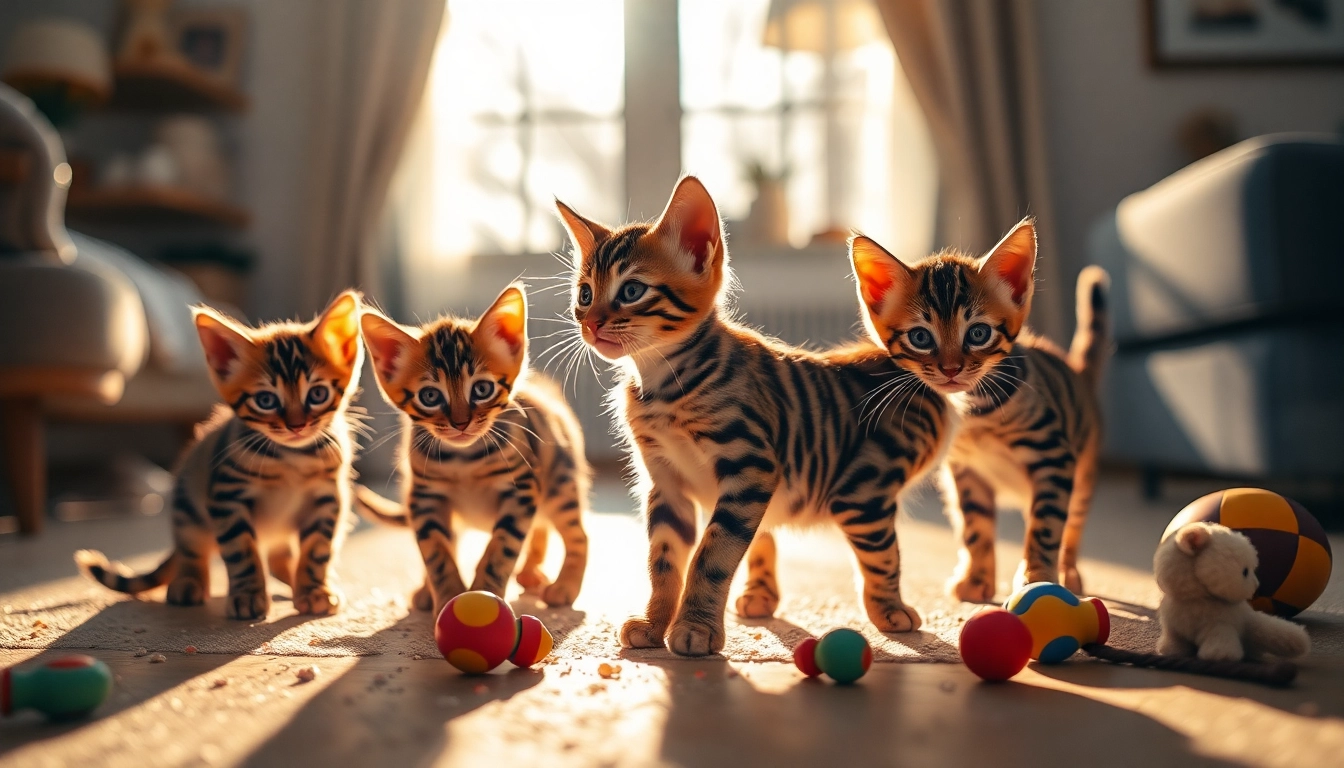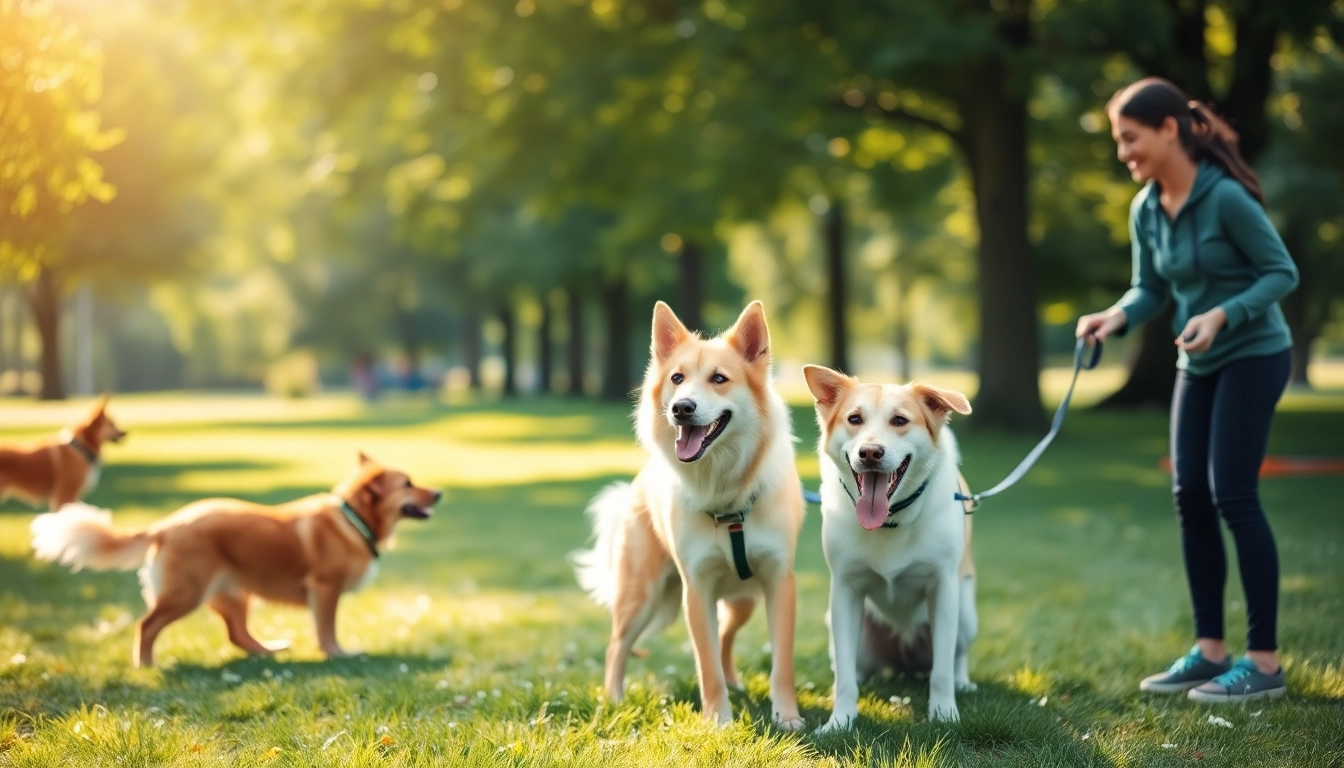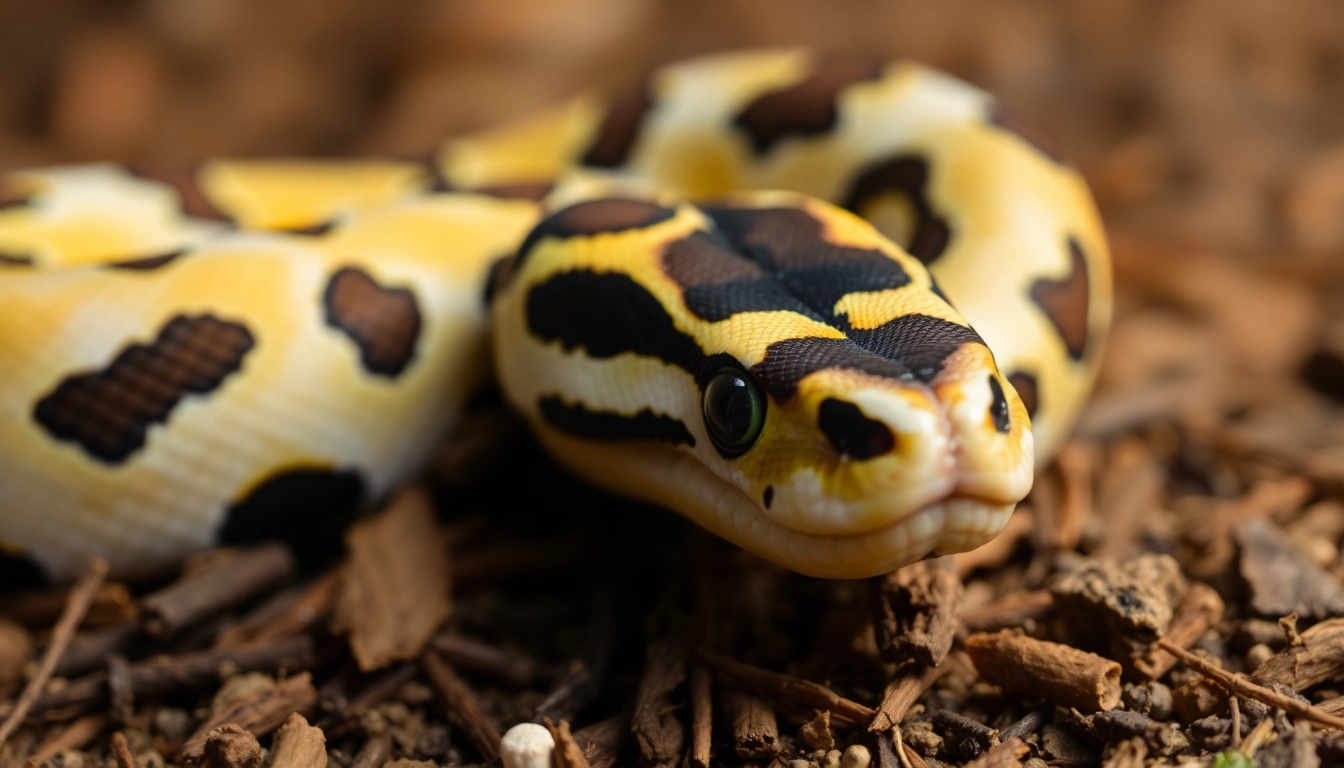Understanding the Bengal Breed
History and Origins of Bengal Cats
Bengal cats are a relatively new breed, with a history that dates back to the 1960s. This stunning breed is a hybrid of domestic cats and the Asian leopard cat, which gives them their striking appearance and unique personality traits. The initial breeding efforts aimed to create a domestic cat that possessed the exotic look of a wild cat, but with the temperament suitable for family life. Over the decades, breeders have refined the breed, and Bengals are now revered for their captivating patterns and playful demeanor.
Characteristics of Registered Bengal Cats
Registered Bengal cats are known for their distinctive appearance, which includes a muscular body, a large, elongated shape, and an enchanting coat that features marbling or rosettes similar to those of a leopard. The breed’s coat not only stands out due to its beauty but also is remarkably soft, giving them an almost luxurious feel. Bengals are also celebrated for their lively and intelligent behavior; they are highly active, curious, and require stimulation both mentally and physically. This makes them a darling among cat enthusiasts who crave a dynamic companion.
Why Choose a Bengal Cat?
Choosing to bring a Bengal cat into your home can result in a fulfilling relationship filled with activity and love. Bengals are known for their sociable nature, often forming strong bonds with their humans and other pets. They are incredibly playful and can be trained easily, often enjoying games like fetch or puzzles that challenge their intellect. Furthermore, owning a Bengal is a commitment to a lively, engaged feline companion that brings both joy and challenges into daily life. Given their need for interaction and play, it is essential to ensure that their living environment caters to their energetic and vibrant personalities. For those seeking a dedicated breeding lineage, working with a Registered Bengal Breeder is crucial to ensure a healthy and well-adjusted kitten.
Identifying a Reputable Registered Bengal Breeder
Key Traits of Trusted Breeders
When starting your search for a Bengal kitten, finding a reputable registered breeder is essential. A trusted breeder should have the following traits:
- Memberships and Registrations: A reputable breeder should be a member of recognized cat breeding organizations, such as The International Cat Association (TICA) or the Cat Fanciers’ Association (CFA). Membership signifies adherence to breeding standards and ethical practices.
- Transparency: They should provide clear information about their breeding practices, including genetics, health testing, and the socialization of their kittens.
- Focus on Health: A responsible breeder prioritizes the health and well-being of both the parent cats and the kittens, often conducting health screenings to reduce the risk of hereditary issues.
- Commitment to Breed Quality: A good breeder aims not only to produce beautiful cats but also healthy and well-tempered ones, focusing on the long-term reputation of the breed.
Questions to Ask a Potential Breeder
As you consider potential Bengal breeders, prepare a list of questions that will help you gauge their expertise and commitment to ethical breeding:
- How many years have you been breeding Bengal cats?
- What inspired you to start breeding Bengals?
- Can you provide references from past buyers?
- How do you ensure the health of your breeding cats?
- What kind of socialization do you provide for your kittens?
Signs of a Responsible Breeder
Identifying a responsible breeder involves looking for specific indicators in their practices and facilities:
- Clean Environment: The cattery should be well-maintained, clean, and accommodating for both the cats and the humans interacting with them.
- Health Documentation: A reputable breeder provides health records, including vaccinations, screening for hereditary diseases, and any other pertinent medical history.
- Open Communication: They should be readily available to answer your questions and address any concerns throughout the duration of your cat’s life.
- Welcoming Visits: A good breeder will encourage potential buyers to visit the cattery and meet the kittens’ parents, allowing you to assess the environment in which the kittens were raised.
Health Considerations When Selecting Bengal Kittens
Common Health Issues in Bengals
Like all breeds, Bengal cats are prone to specific health issues. Being aware of these can aid in making an informed decision when selecting your kitten. Common health concerns include:
- Hypertrophic Cardiomyopathy (HCM): A hereditary condition that can lead to heart failure. Responsible breeders will conduct regular screenings for this illness.
- Dental Issues: Bengals are susceptible to dental diseases, necessitating regular dental care and monitoring.
- Progressive Retinal Atrophy: A genetic condition that may lead to blindness and is another condition breeders should screen for.
Importance of Health Testing and Screening
Health testing is a critical factor in responsible breeding practices. Registered Bengal breeders should conduct comprehensive health assessments of breeding stock to identify potential genetic disorders. Through rigorous testing, breeders can significantly reduce the incidence of hereditary diseases, thus enhancing the overall health and longevity of their kittens. Essential tests might include:
- Ultrasound for HCM: To ensure that breeding cats do not carry this heart condition.
- Genetic Testing: Tests that focus on the specific genes associated with breed-specific health conditions.
- Annual Health Checkups: Breeders should perform these checks to ensure the ongoing health of their cats.
Documentation to Expect from Breeders
When adopting a Bengal kitten, you should expect documentation that verifies the kitten’s health and lineage. Essential documents include:
- Health Certificates: Certificates from a veterinarian confirming vaccinations and health screenings.
- Pedigree Papers: Documentation showing the kitten’s ancestry and registration status, which verifies its status as a purebred Bengal.
- Spay/Neuter Agreements: If applicable, a responsible breeder will provide a clear agreement regarding the spaying or neutering of the kitten to prevent unplanned breeding.
Finding Registered Bengal Breeders Near You
Utilizing Online Directories and Forums
Finding a registered Bengal breeder can often be facilitated through online resources. Websites specializing in cat breeds typically offer directories that list reputable breeders based on location. Websites like TICA and CFA provide resources that help potential owners find registered catteries. Additionally, cat enthusiast forums and social media groups dedicated to Bengals can provide personal recommendations and insights, further informing potential buyers.
Networking with Local Cat Clubs
Joining local cat clubs can significantly enhance your search for a reputable Bengal breeder. Cat clubs often host events, provide member directories, and maintain connections with breeders who adhere to ethical breeding standards. Engaging with fellow cat enthusiasts may lead to valuable recommendations and foster community support as you navigate the process of selecting a Bengal kitten.
Attending Cat Shows and Exhibitions
Cat shows and exhibitions offer an excellent opportunity to meet Bengal breeders and see their cats in a competitive setting. Attendees can observe the cats’ temperaments and appearances firsthand. Engaging with breeders and asking questions during these events can provide deep insights into the breeding process and help you make informed decisions.
Preparing for Your New Bengal Kitten
Setting Up Your Home for a Bengal
Bringing a Bengal kitten into your home requires thoughtful preparation. Bengals are known for their energetic behaviors, so creating an enriching environment is crucial for their well-being. Key areas to focus on include:
- Safe Space: Designate a comfortable area for your new kitten equipped with bedding, litter boxes, and water bowls. Use space that feels secure for a timid kitten transitioning into a new environment.
- Play Areas: Incorporate areas where the kitten can play safely and explore sounds, climbing structures, and toys that stimulate their inquisitive nature.
- Safety Measures: Ensure hazardous items, toxic plants, and choking hazards are out of reach. A safe environment will allow your Bengal to live life to the fullest while minimizing risks.
Initial Health Check and Vaccinations
Once you have welcomed your Bengal kitten home, scheduling an initial health check with a veterinarian is crucial. Early vet visits should focus on:
- Complete Wellness Exam: This examination will ensure the kitten is in good health and establish a baseline for future vet visits.
- Vaccination Schedule: Working with your vet, establish a vaccination schedule to protect against common feline diseases, such as feline distemper and rabies.
- Parasite Prevention: Discuss preventative measures for fleas, ticks, and worms to safeguard your kitten’s health as they integrate into their new environment.
Dietary Needs and Nutrition for Bengals
Feeding your Bengal kitten a balanced, nutritious diet is essential for their growth, energy levels, and overall health. Bengals thrive on high-protein diets that reflect their active nature. When selecting food:
- Quality Ingredients: Opt for high-quality cat food that lists specific, named meats (such as chicken or fish) as the first ingredient.
- Age-Appropriate Nutrition: Ensure that the food caters to the nutritional needs of kittens, providing essential vitamins and minerals for development.
- Hydration: Bengals often enjoy a mixture of wet and dry food, so incorporating wet food can help ensure your kitten stays hydrated.



